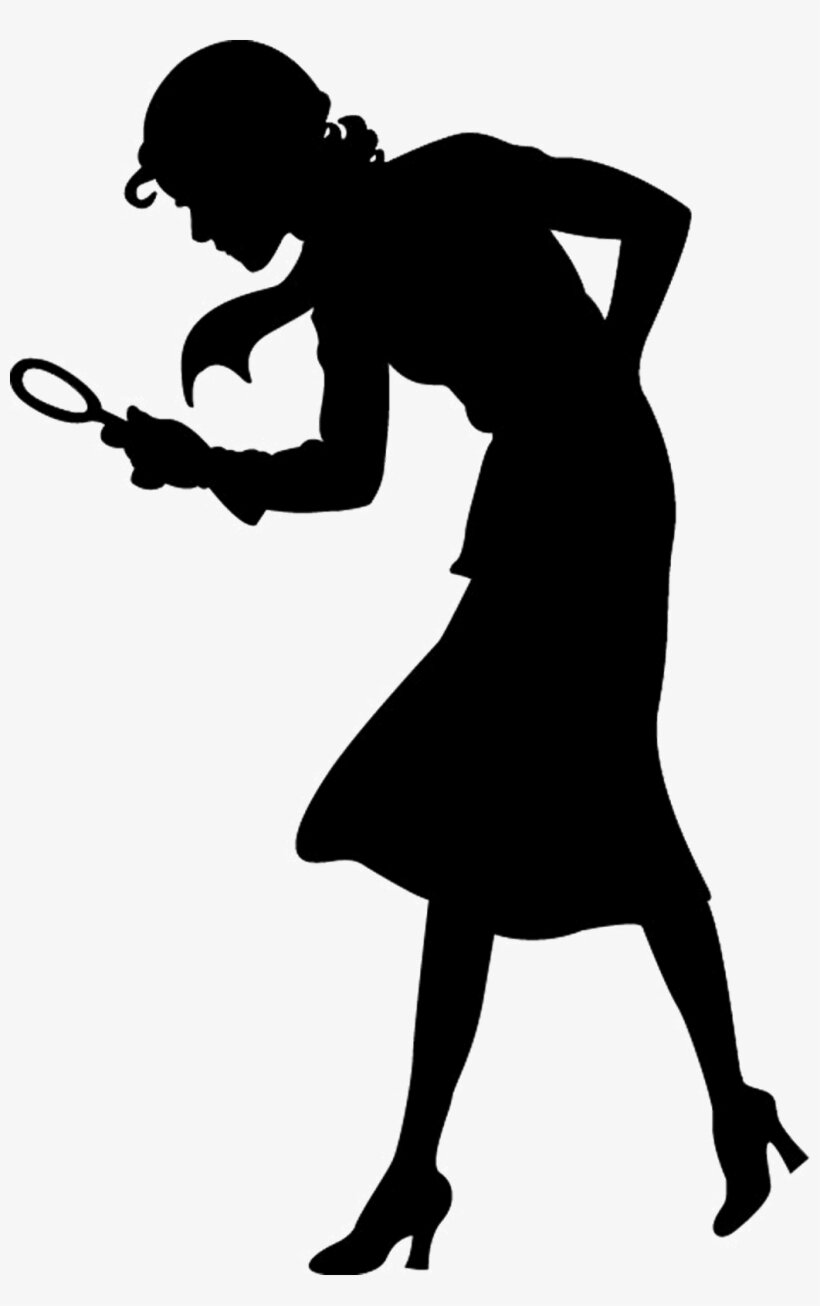
I've always been a Dorothy Sayers fan girl, but a recent reading of Barbara Reynolds' biography sent me scurrying back to Sayers' Lord Peter Wimsey mysteries. After a delightful re-read of Busman's Honeymoon, I now plan to back up and start with the first one, Whose Body?, already loaded onto my Kindle. Following the development of Lord Peter's character from effete aristocrat to multi-layered man feels a bit like looking over Sayers' shoulder as she worked. Once Harriet Vane is introduced in Strong Poison, we follow the Vane/Wimsey courtship, with all its trials (literal and otherwise) to its thoroughly satisfying conclusion in Busman's Honeymoon.
Many Sayers' critics and biographers maintain that the Harriet Vane character is a stand-in for Sayers herself. Vane, like Harriet, is among the first group of women who take degrees from Oxford; she is a writer of complex mysteries featuring a suave detective, Robert Templeton, who shares many characteristics with Wimsey. Even Vane's physical description, with her dark bobbed hair and striking eyes, is a match for the young Sayers. And while most critics are accepting of the idea that Sayers might use a doppelganger for herself in her novels, a few (males, natch), sneer at the idea, claiming that Sayers actually fell in love with her own creation.

To that I say: why the hell not? Even if Sayers had a weakness for her own hero, that certainly doesn't detract from the brilliance of her work. Personally, I find the "Harriet novels" the most compelling of the bunch, but that's probably because I like a good love story threaded into my mysteries, a practice Sayers actually disdained until, at the suggestion of her publisher, she did it herself with great success. And while she may have identified with Harriet Vane, I suspect that Sayers had more than a bit of Wimsey in her as well--pun intended, by the way. Here's what she had to say about the creation of her wealthy, aristocratic detective:
At that time, I was particularly hard up and it gave me pleasure to spend his fortune for him. When I was dissatisfied with my single unfurnished room, I took a luxurious flat for him in Piccadilly. When my cheap rug got a hole in it, I ordered him an Aubusson carpet. When I had no money to pay my bus fare I presented him with a Daimler double-six, upholstered in a style of sober significance, and when I felt dull, I let him drive it.
If Wimsey became so real to his creator that she lived through him vicariously, and then let her alter ego fall in love with him, so be it. It's just one of the many beauties of writing fiction.
♥ ♥ ♥
*A version of this post first appeared on Red Room.

















